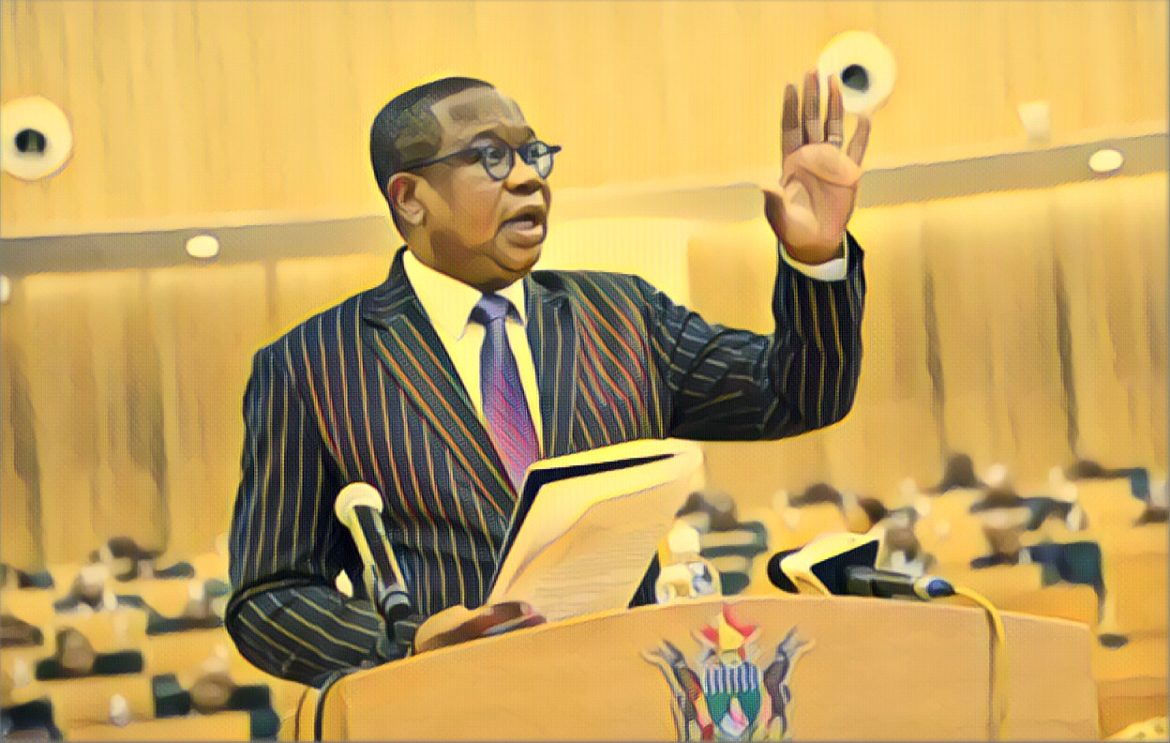Finance Minister Mthuli Ncube is facing intense backlash from opposition legislators following his presentation of a ZWL$58.2 trillion budget for 2024, which includes a series of tax increases starting in January. Unveiled at the New Parliament Building in Mt. Hampden, the budget forecasts 3.5% economic growth for next year but has drawn criticism for imposing burdensome taxes on citizens.
The budget introduces new taxes and increases on fuel, sugar levies, tollgates, vehicle registration and passport fees, mansion tax, and a surcharge for vehicle imports. Opposition members from the Citizens Coalition for Change (CCC) have condemned the budget as “uninspiring” and “anti-people,” arguing it exacerbates the cost of living and doing business during an already difficult economic period.
Marondera Central legislator Caston Matewu labeled it the worst budget ever presented, while Dzivarasekwa’s Edwin Mushoriwa called it punitive to the poor. CCC chief whip Clifford Hlatwayo echoed these sentiments, stating the new taxes would only deepen poverty.
In contrast, Zanu PF legislators defended the budget, with chief whip Pupurai Togarepi claiming it was inclusive and necessary for fiscal discipline. Ncube’s budget also includes a ZWL$2.4 trillion allocation for social safety programs targeting the poor and a revised tax-free income threshold.
However, economic analysts like Tafadzwa Bvunzawabaya are skeptical, criticizing the budget for not adequately addressing Zimbabwe’s socio-economic challenges and relying on unrealistic growth assumptions.
According to a report by Newsday, Ncube’s introduction of a new wealth tax has sparked a heated debate on social media. Information permanent secretary Ndavaningi Mangwana supported the tax, arguing it targets those with high-value properties who have evaded taxation.
The tax, which levies 1% on residential properties valued at a minimum of US$100,000, aims to bring equity in taxation. Mangwana justified the measure, citing similar practices in other countries, including parts of the United States.
As Zimbabwe navigates its economic challenges, the 2024 budget has become a focal point of debate, reflecting the country’s ongoing struggle to balance fiscal responsibility with the need to support its citizens.


